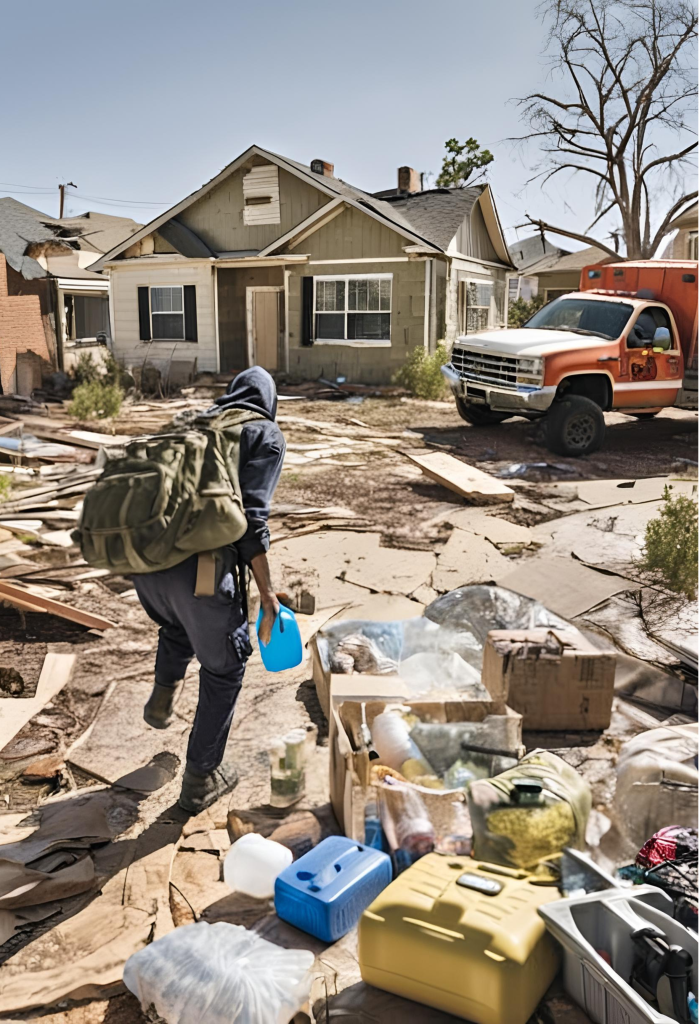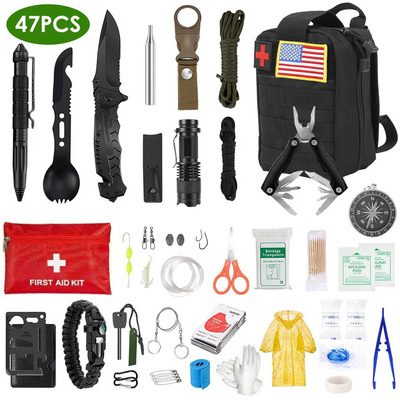Modern Survival Training

Beyond Survival: The Broader Implications of Modern Survival Training
In the modern world, the term “survival training” often conjures images of rugged adventurers battling harsh, unforgiving conditions. However, the scope and implications of survival training extend far beyond the basic need to endure the elements. Today’s survival training programs are not just about preparing individuals for the wilderness or emergencies; they are about fostering resilience, adaptability, and a profound connection with the environment.
Survival training has evolved significantly from its primitive roots. Initially geared towards military and exploratory needs, it has now permeated the civilian sector, appealing to a wide array of participants, from outdoor enthusiasts to corporate teams. This shift reflects a broader recognition of the skills and mental toughness that survival situations demand, which can be applicable in various aspects of daily life.
Psychological Resilience and Mental Preparedness
One of the most critical aspects of survival training is its focus on psychological resilience. The unpredictable nature of survival scenarios forces individuals to face not only physical challenges but also mental ones. Participants learn to maintain a calm and composed mindset, make critical decisions under pressure, and handle fear and stress effectively. These capabilities are invaluable, transcending the immediate context of survival to benefit personal and professional domains.
In corporate settings, for example, survival training is increasingly used as a team-building exercise. It strips away the usual workplace hierarchies and comfort zones, placing employees on equal footing to face challenges together. This experience builds trust and improves communication skills while highlighting the importance of leadership and collaboration in high-pressure situations.
Environmental Connection and Stewardship
Another significant aspect of modern survival training is its role in enhancing environmental awareness. In a time of global ecological crises, such as climate change and biodiversity loss, understanding and connecting with nature is crucial. Survival training teaches participants how to read landscapes, understand weather patterns, recognize plant and animal life, and minimize their environmental impact. This knowledge fosters a deeper appreciation for natural ecosystems and highlights the importance of sustainable living practices.
Moreover, as participants learn to depend on natural resources for food, water, shelter, and navigation, they develop a practical understanding of conservation principles. This hands-on experience can be transformative, encouraging more environmentally conscious behaviors in everyday life.
Health Benefits and Physical Fitness
Survival training also offers substantial health benefits. The physical demands of navigating through diverse terrains, building shelters, gathering food, and performing other survival tasks provide a full-body workout that enhances strength, endurance, and agility. Additionally, spending time outdoors increases exposure to sunlight which helps regulate vitamin D levels—a crucial component for bone health and immune function.
Mental health benefits are equally compelling. Outdoor activities have been shown to reduce symptoms of anxiety, depression, and stress. The focus required during survival tasks can also serve as a form of mindfulness practice, helping individuals stay present and engaged while disconnecting from daily stressors.
Skills for Everyday Life
The practical skills taught in survival training—such as first aid, fire-making, water purification, and emergency signaling—are not only essential in life-threatening situations but also useful in everyday life scenarios such as power outages or natural disasters. The ability to stay calm and implement these skills can make a significant difference in ensuring personal safety and that of others.
Furthermore, survival training encourages problem-solving and improvisation. Faced with limited resources and tools, participants learn to use their creativity to overcome obstacles—a valuable skill in any setting.
Conclusion
Survival training is much more than learning how to endure outdoor adversities; it’s a comprehensive educational experience that equips individuals with valuable skills applicable in multiple facets of life. It promotes mental toughness, environmental responsibility, physical health, and practical abilities—all wrapped up in an engaging package that challenges participants to step out of their comfort zones.
As society becomes increasingly complex and interconnected, the lessons from survival training remain relevant—not just for personal growth but also as a means of cultivating a resilient community aware of its environmental responsibilities. Thus, modern survival training isn’t just about surviving; it’s about thriving in every sense of the word.

have a question? contact us!


 Handmade Camping Ax Camping Gear Hunting Knives Multi Tool Gifts For Men Self Defense Weapons Survival Gear Emergency Kit
Handmade Camping Ax Camping Gear Hunting Knives Multi Tool Gifts For Men Self Defense Weapons Survival Gear Emergency Kit 














